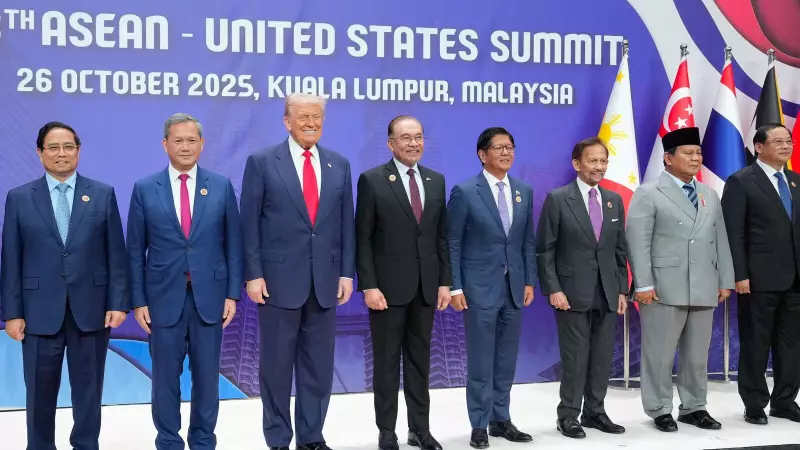
In a strategic move to rebalance its trade dynamics with Southeast Asia, India has formally launched a comprehensive review of its existing free trade agreement with the ASEAN bloc. The initiative aims to address the persistent trade imbalance that has favored ASEAN nations while opening new avenues for Indian exporters.
Addressing the Trade Deficit Challenge
Commerce and Industry Minister Piyush Goyal has emphasized the urgent need to re-examine the ASEAN-India Trade in Goods Agreement (AITIGA), which has been in effect since 2010. Despite substantial growth in bilateral trade, which reached approximately $131 billion in 2022-23, India continues to face a significant trade deficit with ASEAN countries.
The current trade gap stands at a concerning $43.57 billion, highlighting the asymmetrical benefits of the existing arrangement. Indian officials argue that the agreement in its current form hasn't adequately served India's export interests and requires substantial modifications.
Strategic Economic Recalibration
The review process represents a crucial component of India's broader strategy to diversify its export markets and strengthen economic ties with key regional partners. The government aims to:
- Enhance market access for Indian products and services
- Address non-tariff barriers that hinder Indian exports
- Create more balanced and mutually beneficial trade terms
- Boost opportunities for Indian manufacturing sectors
Building on Existing Frameworks
This initiative builds upon India's ongoing efforts to strengthen economic integration with ASEAN through existing frameworks like the Act East Policy. The review comes at a time when global supply chains are undergoing significant realignment, presenting new opportunities for Indian businesses in the Southeast Asian market.
The comprehensive assessment will examine all aspects of the trade agreement, including tariff structures, rules of origin, and market access conditions. Indian trade officials are optimistic that a revised agreement could significantly boost exports across various sectors, including pharmaceuticals, textiles, engineering goods, and agricultural products.
This move signals India's assertive approach to international trade negotiations and its commitment to securing more favorable terms that support its domestic manufacturing and export objectives while strengthening regional economic partnerships.






